This deliverable from WP2 presents the first version of the DIVERSIFAIR project’s AI regulation mapping tool . It aims to show how these regulations address critical issues such as discrimination, bias, fairness, and related concepts like intersectionality.
As AI continues to play a transformative role across sectors, the need for ethical, legal, and robust governance becomes increasingly urgent. While many countries are implementing policies and frameworks to regulate AI, significant gaps remain in addressing issues like bias and discrimination. This report provides an initial analysis of the current regulatory landscape and introduces an interactive tool designed to improve accessibility and understanding of these policies.
🚨 Note : This is an early version of the tool. Further updates and refinements, including evaluations of its educational use, are expected in October 2025.
WHAT IS THE PURPOSE OF THIS TOOL?
This report examines how AI regulations worldwide address discrimination and bias, identifying gaps in current regulatory initiatives. It also introduces a new interactive platform that allows users to explore key regulatory terms such as “bias,” “fairness,” and “discrimination” across different jurisdictions.

